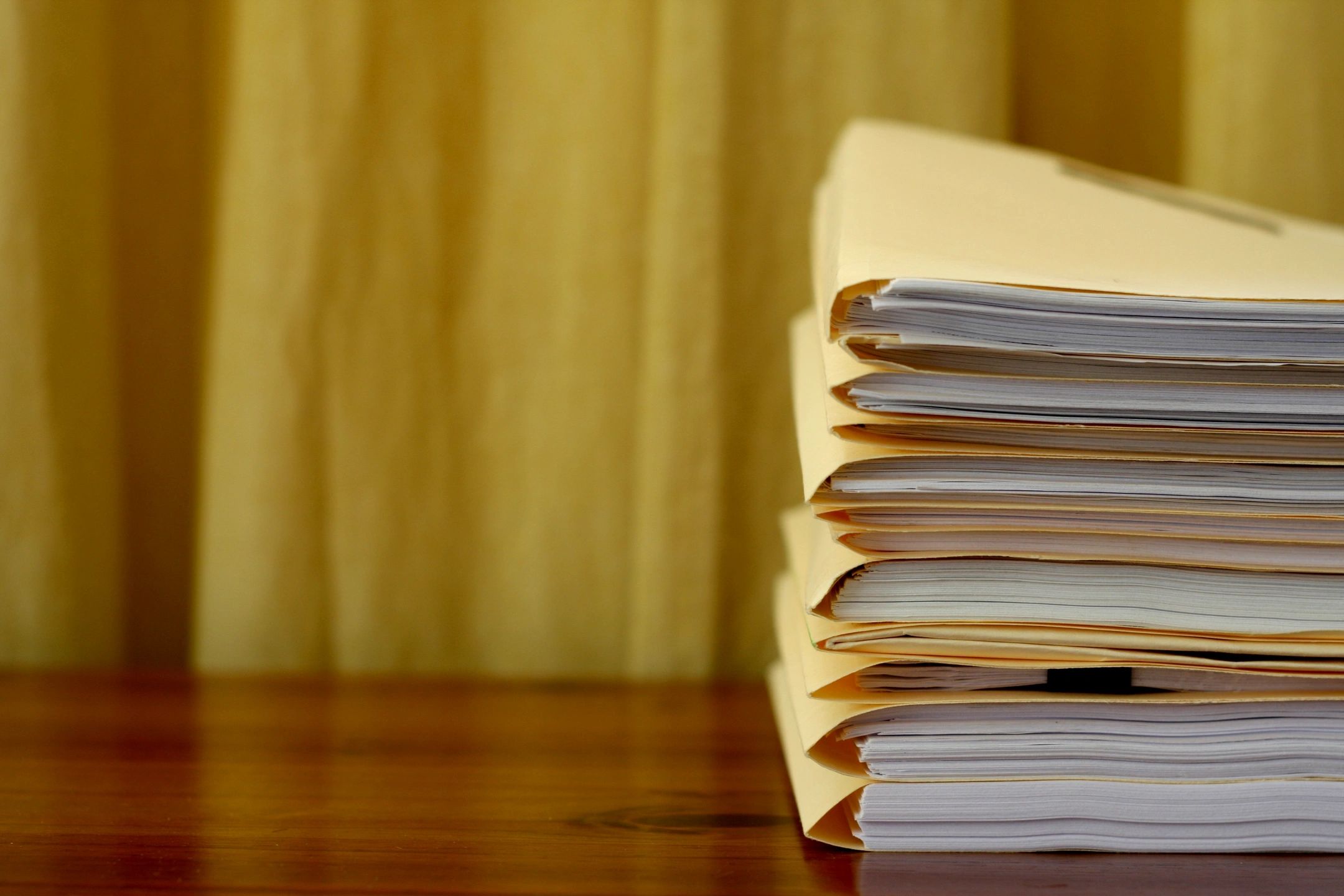Personal injury cases arise when someone has been injured due to the negligence or intentional wrongdoing of another person. In these cases, evidence plays a crucial role in determining liability and proving damages. The preservation of evidence is essential to ensuring that the injured party receives fair compensation for their injuries.
Preserving evidence is crucial in personal injury cases because it can make or break a case. Evidence can include physical items, photographs, medical records, witness statements, and more. The importance of preserving evidence lies in its ability to provide objective facts about the incident that caused the injury, which can help establish liability and prove damages.
Preserving evidence can be challenging because some types of evidence may be lost or destroyed over time. For example, witness memories can fade, physical evidence can deteriorate, and surveillance footage may be erased. This is why it is important to collect evidence as soon as possible after an injury occurs.
In addition to collecting evidence, it is also important to preserve it properly. This means storing physical evidence in a safe and secure location, ensuring that digital evidence is not corrupted or altered, and keeping accurate records of all evidence collected.
If evidence is not properly preserved, it may not be admissible in court, which can seriously weaken a personal injury case. Conversely, if evidence is properly preserved and presented in court, it can greatly increase the chances of a favorable outcome for the injured party.
Conclusion
In conclusion, evidence preservation is critical in personal injury cases. The types of evidence used, including physical evidence, witness testimony, and expert opinions, can impact the outcome of a case. Methods for preserving evidence include taking photographs, preserving physical objects, and documenting witness statements. Failure to preserve evidence can result in difficulties in proving liability or damages and loss of credibility. To ensure that you receive fair compensation for your injuries, seek medical attention, document the accident scene, and contact a personal injury attorney as soon as possible.
FAQs
1. What types of evidence are most important in personal injury cases?
In personal injury cases, all types of evidence can be essential in establishing liability and determining the extent of damages. However, physical evidence such as medical records, photographs of injuries, and damaged property, can be particularly impactful. Witness testimony is also vital, especially when it comes to proving causation, and expert opinions can provide valuable insight into the severity and long-term effects of the injuries sustained.
2. How does evidence preservation impact the outcome of a personal injury case?
Evidence preservation can significantly impact the outcome of a personal injury case. When evidence is preserved early on, it can help establish liability, prove causation, and determine the extent of damages. Without proper evidence preservation, it can be challenging to prove the case and receive fair compensation for the injuries sustained.
3. What is the statute of limitations for filing a personal injury lawsuit?
The statute of limitations for filing a personal injury lawsuit varies from state to state. It is essential to consult with a personal injury attorney in your jurisdiction to determine the applicable statute of limitations in your case.
4. What should I do if I am injured in an accident?
If you are injured in an accident, the first thing you should do is seek medical attention. Even if you do not think you are seriously injured, it is essential to get checked out by a medical professional. You should also document the accident scene, gather contact information from witnesses, and take photographs of any injuries or property damage. It is crucial to contact a personal injury attorney as soon as possible to preserve evidence and ensure that your rights are protected.
5. How can I ensure that I receive fair compensation for my injuries?
To ensure that you receive fair compensation for your injuries, it is essential to preserve evidence, document all medical treatment and expenses, and consult with a personal injury attorney. An experienced attorney can negotiate with insurance companies on your behalf and help you pursue legal action if necessary. Additionally, keeping a detailed record of all expenses and damages can help ensure that you receive adequate compensation for your injuries.

